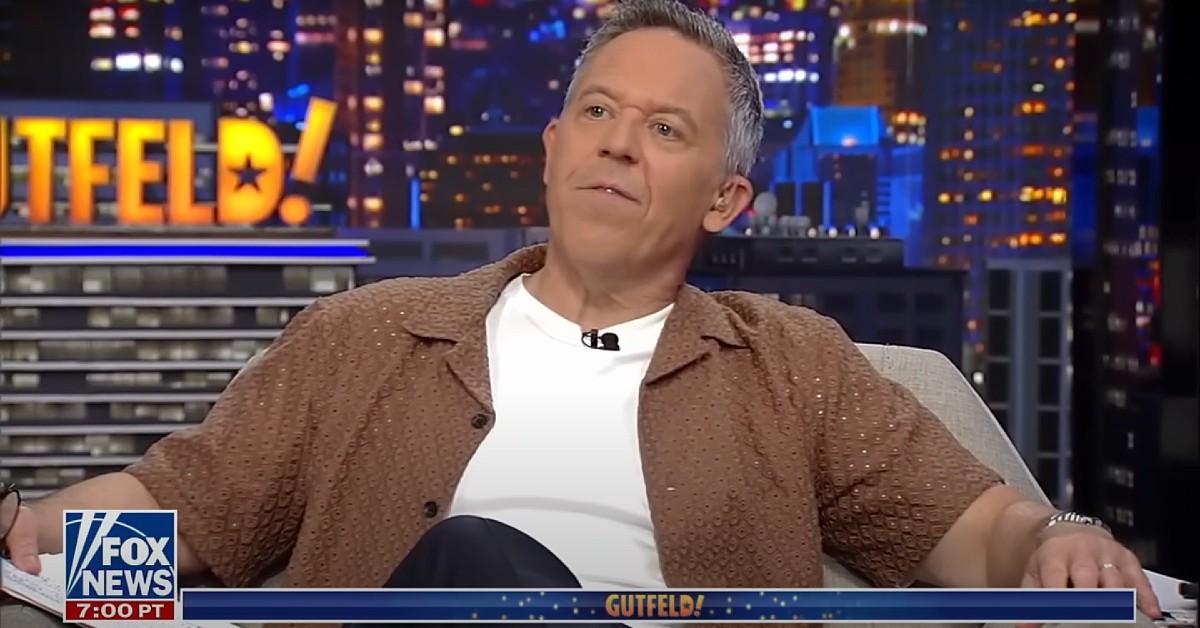Behind Bill Frist's Stem Cellout
Jan. 30 2008, Published 8:04 a.m. ET
D.C. insiders are still abuzz over Republican Sen. Bill Frist’s turnaround on stem-cell research. And not just because it’s the first time the medically trained majority leader—who famously suggested tears can transmit AIDs and that Terri Schiavo was maybe just, ya know, lazy—has publically sided with his peers in the scientific community.
“This is the Senator who made commercials comparing Senate filibustersto the crucifixion of Jesus Christ,” gasped a Capitol Hill insider upon hearing that Frist, who was hand-picked by the White House to replace Trent Lott, had bucked the president on the stem-cell bill. “Everyone was sort of stunned.”
As recently as June, Frist had publicly deflected a Democrat-sponsored bill to increase federal funding for stem-cell research. But privately, sources say, the millionaire heart surgeon had lobbied the president to drop his opposition to the measure, which enjoys wide bipartisan support throughout the country.
What provoked his declaration of independence? The $2 million in campaign funds that Frist has received from the pharmaceutical industry may have something to do with it. Moreover, after months of futilely trying to woo his party's conservative base, the good doctor may have finally realized he has a better shot as a party moderate.
“He’s all but announced his candidacy for President. He’salready said that he won’t seek a third term in the Senate,” notesone well-connected Capitol Hill staffer. “But in 2008 the Republican primaries are going to be crammedwith right-wing conservatives like Kansas Sen. Sam Brownback,Pennsylvania Sen. Rick Santorum, and Virginia Sen.George Allen, who’s already become the party’sdarling. Frist saw an opportunity to separate himself from his opponents, and hetook it.”
Sources say he also an opportunity to distance himself from wounded GOP puppetmaster Karl Rove, who orchestrated the genial M.D.'s ascension to Senate Majority Leader after Trent Lott's embarrassing downfall.
"Frist is trying to send a strong message to those who plan on running against him that, after the recess, it's campaign time," says another source. Since last weekend's CNN-Gallup poll found that if the election were held today only 9 percent of Republicans would vote for him--and surveys show 60 percent of Americans support stem-cell research--perhaps Frist has realized he best not put his, uh, eggs in one basket.



